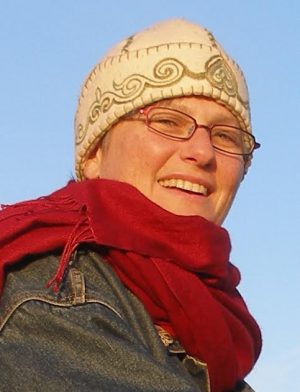“What I did on my Summer Vacation”, or how an accident caused me to be the 2017 DUFF Fan Fund representative.

One of the hats I’ve picked up and worn this year is to have been nominated and won the 2017 Down Under Fan Fund. As a result of that, I am currently the Fan Fund Administrator, and as a result I attended Lexicon and Continuum, the National Science Fiction conventions of New Zealand, and Australia, met fans and writers from the Antipodes, and got to see some of the countryside as well. But I sense you may have questions, and I am here to answer them. What’s a Fan Fund? Even in the early days of SF Fandom, fans communicated across the globe. A couple of fans pooled funds in the 1940s for some transatlantic exchanges between England and the US, bringing fans together, sharing our love of SF. These exchanges led to the formalization of the exchange, the Trans Atlantic Fan Fund (TAFF), in the 1950s. In alternating years, a fan travels from North America to Europe, and a fan travels from Europe to North America. The goal is to attend conventions, meet fans, and exchange knowledge and love of science fiction. In the days before the internet, where slow postal exchanges of fanzines meant that knowing what was happening on the other side of the Atlantic was a slow process, TAFF helped bring fans face to face.
Guest Post: Growing up in Fandom in the 1970s, by LJ Cohen

I’m not sure if this still holds true today, but if you came of age in the 1970s, were a strong early reader who had read through all the books specifically written for children, and you were lucky enough to have a sympathetic librarian, you’d be directed to the science fiction and fantasy shelves. At least that’s my story. The Heinlein juveniles had been published a decade before I was born, but they were the first genre books I read. From there, I found all the Lensman books — written even earlier! I may have only been 10 or 11 when I read these, but even then I was frustrated by the insistence that only one special, fierce woman — to be born in some far future — could be a Lensman. Lenses were objects of power that amplified the qualities within a person. The message I got was that girls, as a rule, didn’t deserve power and couldn’t wield power. That I didn’t deserve power; that I was wasn’t good enough. It angered me that girls weren’t the ones leaping up to explore the stars. Asimov’s Robot books fascinated me, but the only woman portrayed in them — Susan Calvin — was more robotic than the robots.

